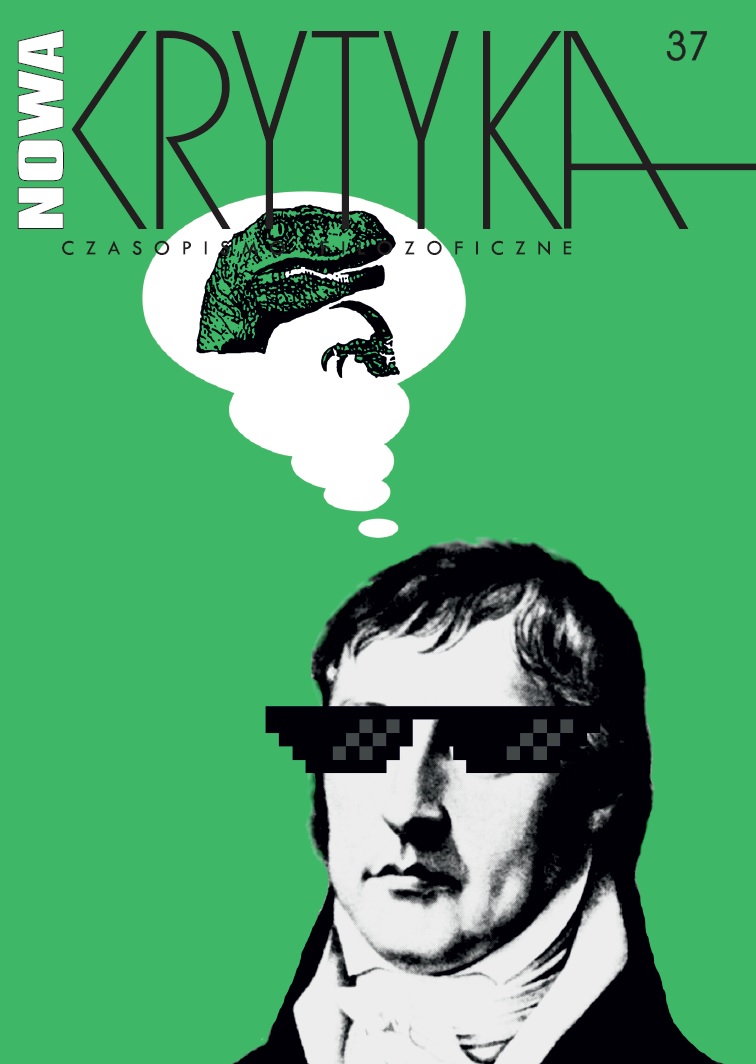Bajki dla dialektyków. Kafka i Benjamin między mitem a wyzwoleniem
Fairy Tales for Dialecticians. Kafka and Benjamin between Myth and Emancipation
Author(s): Jakub NikodemSubject(s): Philosophy, Social Philosophy, Special Branches of Philosophy, Philosophy of Mind, Philosophy of Law
Published by: Wydawnictwo Naukowe Uniwersytetu Szczecińskiego
Keywords: Walter Benjamin; Franz Kafka; Theodor W. Adorno; Max Horkheimer; Bertolt Brecht; cunning; fairy tale; myth; fate; law; modernity; dialectic; tactics
Summary/Abstract: In this paper my goal is to examine and re-read these places in works of Kafka, in which Walter Benjamin finds hope and utopian promise of emancipation. I try to determine whether those places can possibly be able to provide individual or universal emancipation; whether they are just false promises or simply ineffective personal tactics – or, on the contrary, they can be comprehended as conditions of possibility for revolutionary politics of the oppressed. In order to do this I supplement Benjamin’s discourse with concepts and ideas of Adorno, Horkheimer and Brecht. My conclusion is that Benjamin’s reading of Kafka is too optimistic in finding hope and fight against oppression in such works as The Trial, The Castle, The America, and in short stories like The Silence of the Sirens or The Great Wall of China. Benjamin finds the source of hope and victory over the mythical fate in solely humane attributes of cunning and audacity, represented – according to him – in protagonists of fairy-tales (Benjamin describes Kafka’s stories as ‘fairy tales for dialecticians’). But he undervalues power of fate, which lies in its own cunning, not only in its physical strength. If we comprehend mythical fate in much more dialectical way – as our capitalist, alienating modernity – we can find that its powers lie in its own conatus, self-preservation aimed to conserve the reality of oppression. In this sense Kafka’s work – if we read it as a diagnose of modernity and some kind of prophecy of a near future – evinces a dual cunning, which mechanism is as follows: the more a protagonist tries to outsmart the system, the more the system outsmarts him and thereby enslaves him.
Journal: Nowa Krytyka: czasopismo filozoficzne.
- Issue Year: 2016
- Issue No: 37
- Page Range: 209-226
- Page Count: 18
- Language: Polish

